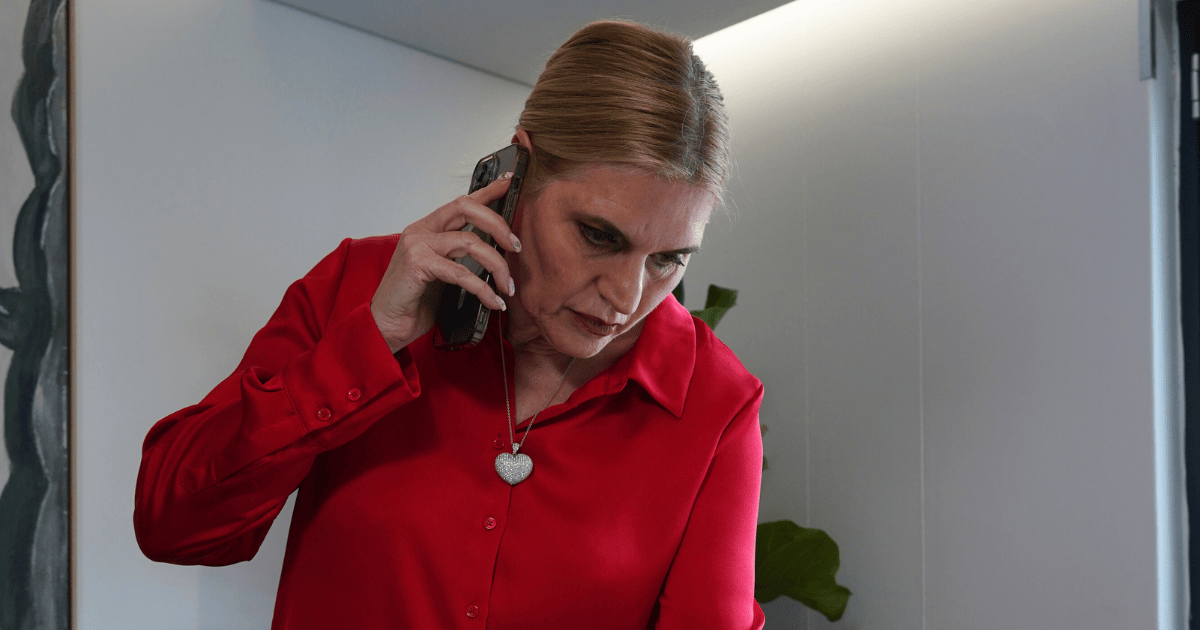A spouse living in South Africa is able to institute divorce proceedings through the courts in South Africa if the other spouse lives overseas. The same applies when you are a South African citizen that lives overseas and one spouse resides in South Africa.
In terms of the Divorce Act, a South African court will have jurisdiction where the parties or either of the parties are domiciled in the area of the court’s jurisdiction on the date on which the action is instituted or ordinarily resident in the area of jurisdiction of the court on the date on which the action is instituted or has been ordinarily resident in the Republic for a period of not less than one year immediately prior to that date.
The above also implies that foreigners (people who are not South African citizens) and who have been living in South Africa for more than a year, may divorce through South African courts.
The proprietary consequences of a marriage are governed by the laws of the place where the husband was domiciled at the time of the marriage.
The law of the husband’s domicile at the time of the marriage governs the matrimonial property regime of the spouses even if the husband acquires a new domicile at a later stage.
If for example the husband was domiciled in England at the time of the marriage and no Antenuptial contract was entered into in South Africa, the marriage regime will be governed in terms of English law. Should the parties later emigrate to South Africa, the marriage would remain out of community of property. Thus, in a contested divorce where the husband was domiciled in England at the time of the marriage, a South African court is obliged to apply English law in respect of the patrimonial consequences of the divorce, i.e. the division of the estate.
Maintenance however and the aspects surrounding the children, like maintenance, care and contact will be dealt with in terms of South African law.
For direct answers to your specific personal questions, please contact us directly.
Read more about our divorce services.
Author – Jessica Gooding





